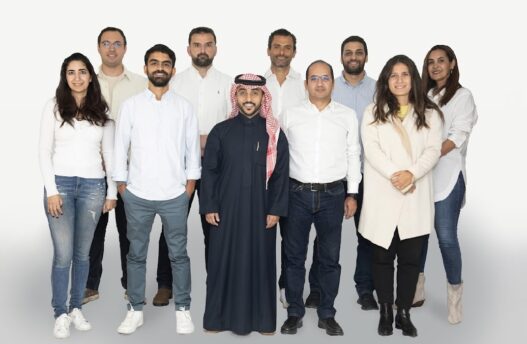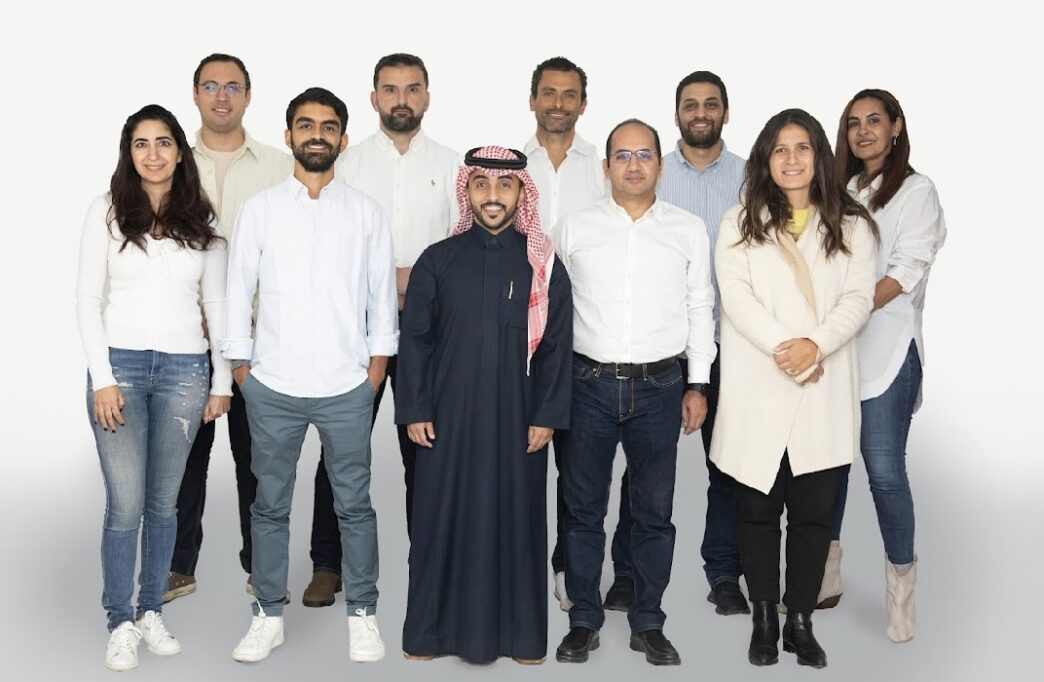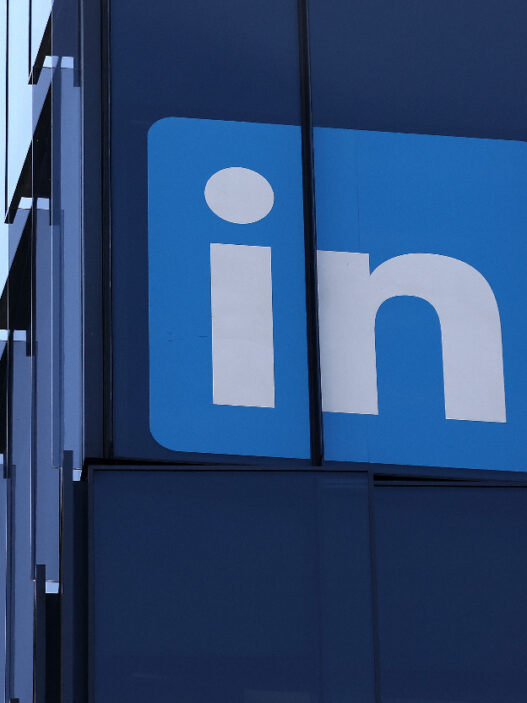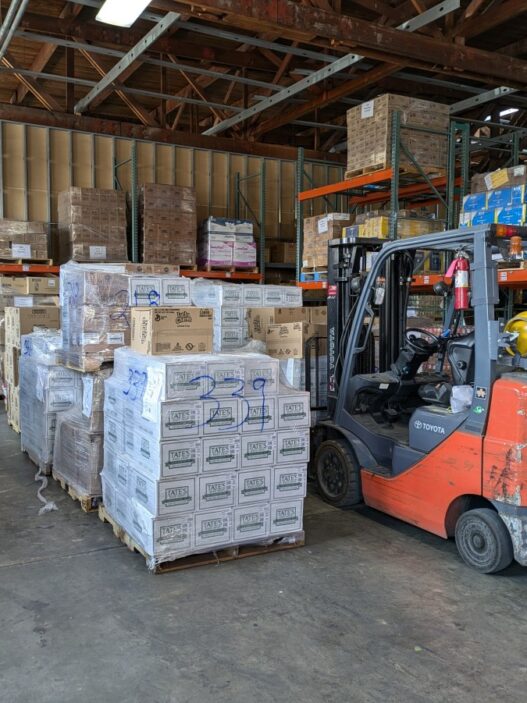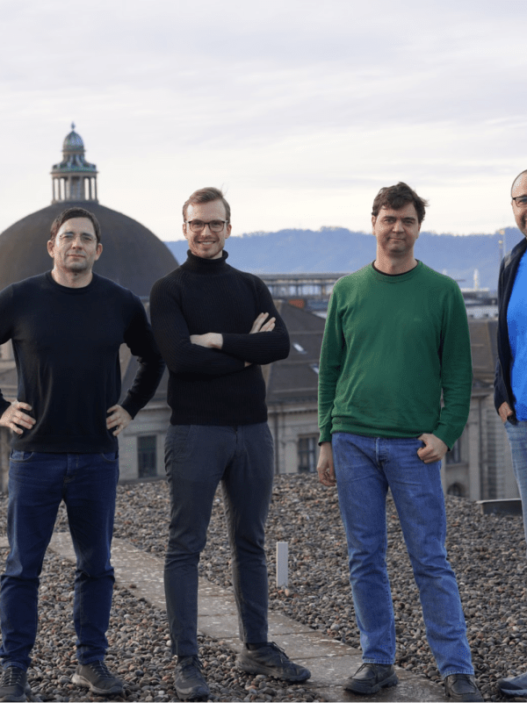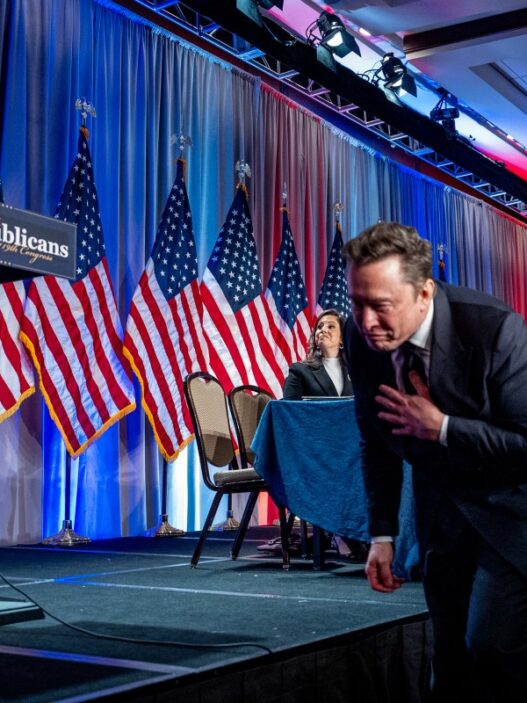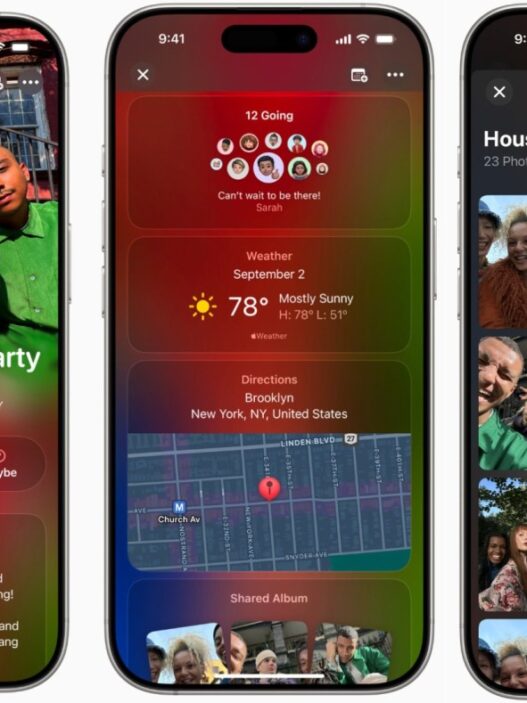A large part of the Egyptian population lacks access to traditional banking services, forcing many to rely on monetary transactions and informal lending. KHAZNA, a Fintech starter, which was established in 2019, is dealt with this issue by providing financial services designed for low and intermediate income workers. The company provides solutions such as salaries, digital payments, and microlone to help employees and contractors access the financial services that are needed.
Khazna recently received $ 16 million from pre -chain financing B, up to its total financing to more than $ 63 million. Investment will support its expansion plans, as it is preparing to apply for a digital banking license in Egypt and expanding in the Kingdom of Saudi Arabia.
When we covered Fintech in 2022, I just collected $ 38 million before chain A with more than 150,000 customers across their products. Today, khazna has grown user base for more than 500,000 people; This number is half of what he was targeting twice by the end of 2022, according to Saleh at that time.
The company focuses on workers who earn three times less than the minimum wage in Egypt, providing them with reasonable prices. About 100,000 users receive their salary statements through Khazna, allowing the company to integrate financial services such as loans and insurance directly into their salary statements.
For 400,000 users, KHAZNA provides lending services, helping party workers and retirees to access credit. The CEO Omar Salla explained that the company initially focused on the credit backed by salaries and pensions, which contributed to the tie break last month.
“What we have done over the past two and a half years is to focus on our primary product, a credit offer for salaries and pensions as well as unprecedented loans to workers,” said co -founder and CEO of Omar Saleh to Techcrunch on a call. “This is the most profitable and essential product on our journey, and obtaining it was very important because it helped us reach profitability.”
On the way to become a digital bank
Khazna provides other services such as bills payments, buying now, pushing later, medical insurance, and renting product to the country. But by including itself in both salary and lending statements, it strategically moves towards becoming a full digital bank for the disadvantaged societies of Egypt.
But there is one thing missing: unlike traditional banks, khazna, like many technology in Egypt, cannot reach customer deposits, which makes financing loans expensive. To date, Khazna has relied on wholesale debt financing in dollars (USD) and the Egyptian pound (EGP) to finance lending.
To reduce borrowing costs and provide more loans at reasonable prices, Khazna is now working to obtain a deposit license in Egypt. This license will allow the start of the admission of customer deposits, allowing it to reduce the cost of money.
“The biggest change in the game is for us to reach the user’s deposits. There is a great opportunity for us to capture part of this market as well as in a way that makes the cost of our financing more attractive than it is today, and in the end, it would put us in a very contrasting position.”
Khazna targets mid -2016 to secure the banking license from the central bank in Egypt, which set its regulatory framework for digital banks in July 2024.
But with the start of the six -year -old Fintech with this process, it simultaneously puts scenes on the Kingdom of Saudi Arabia, where there is an increasing demand for consumer financing solutions. Unlike BNPL players such as Tabby and Tamara, which focuses on BNPL credit in the short term, KHAZNA hopes to distinguish between medium -term credit products such as access to acquired wages (EWA), salary -backed lending, and credit -based credit.
Expansion plans, including not prominent public subscription
Another reason is that giving priority to Saudi Arabia is its strong relationship with Egypt, Saleh notes. With nearly three million Egyptians living in Saudi Arabia, the transfers in Egypt, Sodi, is one of the largest corridors in the world, as it provides an opportunity to provide financial services across the border, and combines credit -led offers with foreign exchange solutions (FX).
Besides the size of the market and suitable for products, capital markets in the Kingdom of Saudi Arabia are also a driver in the Khazna Resolution, according to Saleh. Tadawul is one of the most stock -based stock exchanges in the region, as it launches many subscriptions over the past two years.
For this reason, Khazna plans to get 40-50 % of its work coming from Saudi Arabia in the next four years, making it eligible for a general list on Tadawul. For investors in the early stage who supported the company for four to five years, Sala says that this provides a clear way to a high value.
Certainly, Khazna will finance this expansion with the recently raised growth capital. However, the total economic challenges in Egypt over the past two years have had a hand in the structure of this tour before the B.
Between 2022 and 2023, Egypt faced currency deviations and economic instability, making the collection of donations more difficult for startups and projects. It reflects the general slowdown in the flow of the deal, as investors have taken a cautious approach to Egyptian startups. But 2024 brought a major shift, as more than $ 50 billion in foreign direct investment (FDI) flows to Egypt after economic reforms and a more flexible exchange rate. As a result, the investor’s confidence has returned, which led to the renewal of interest from global and regional investors.
As such, KHZNA welcomed the participation of new and current investors, including global investors such as QUNA and Speedinvest, as well as regional financial institutions and investment companies such as Sanad Fund for MSME, ANB Seed Fund (managed by Capital), Aljazira Capital (The Investment Arm of the Bank of Al Jazeera from The Kingdom of Saudi Arabia), Thibbas Vinters (the arm of the investment capital in ̇şbank in Turkey), Khwarizmi Vintez, Niklod (Fintech Fund established by the largest national banks in Egypt) and the intensive care unit projects.

